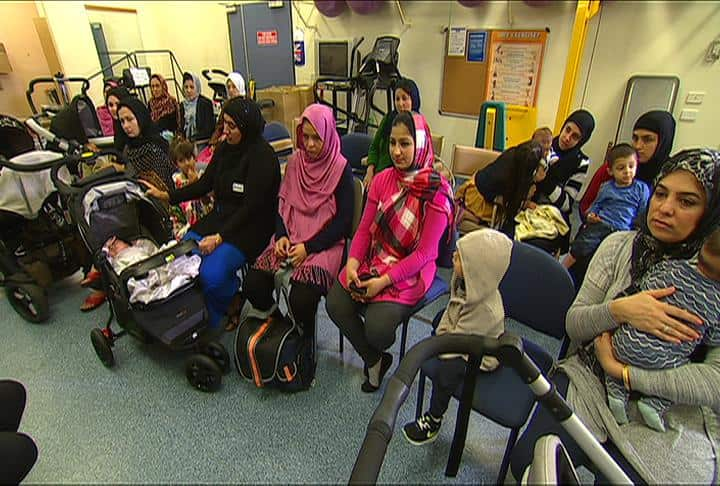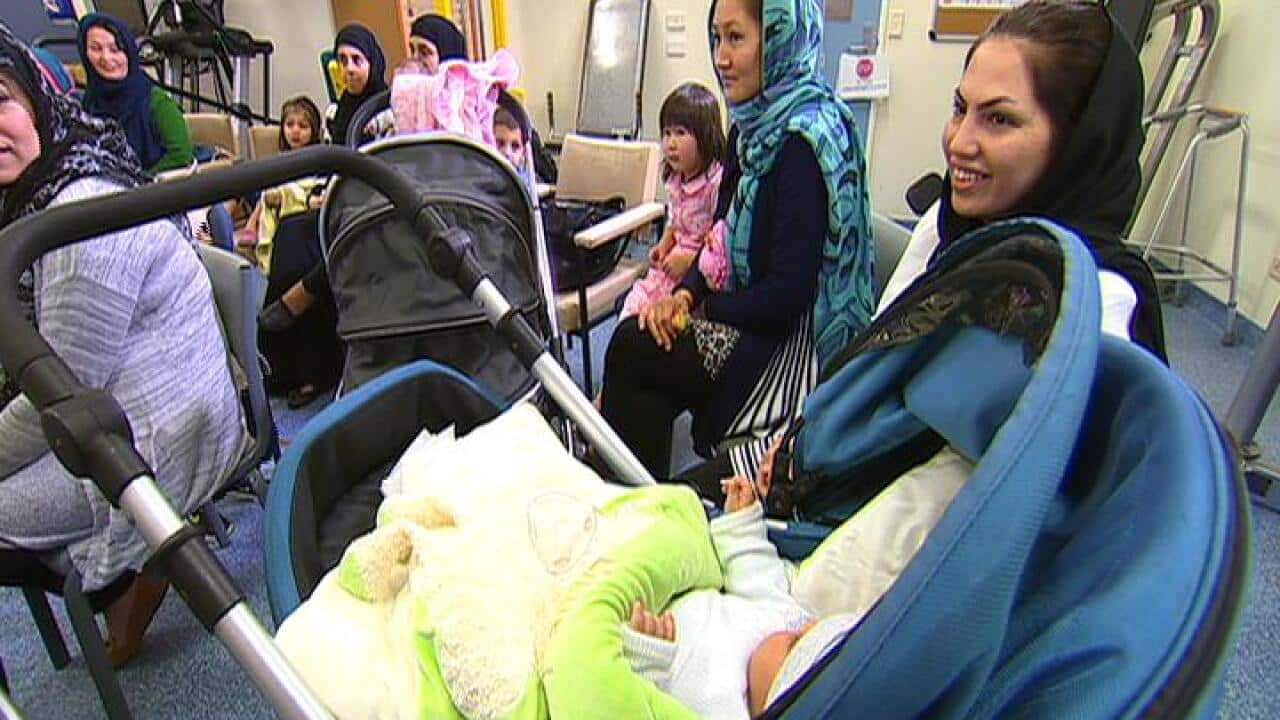A joint initiative by the Royal Australian and New Zealand College of Obstetricians and Gynaecologists and Migration Council Australia aims to improve the provision of healthcare for women from refugee and migrant backgrounds.
President elect at the college, Professor Stephen Robson, says it will support provision of accessible and culturally appropriate care.
"We hope to consolidate knowledge and expertise, to reduce fragmentation of effort and to promote coalition and consensus building within medical education. And promote co-operation between community and government."
The president of the Royal Australian College of General Practitioners, Doctor Bastian Seidel, says healthy, happy women are key to the wellbeing of families.
"In all communities, women are the true health leaders within their families. And they hold the health and knowledge, they enable access to health services," Dr Seidel said.
But meeting the needs of Australia's increasingly diverse female population has been challenging healthcare professionals according to the head of the Indigenous and Refugee Women's Health Program at Monash University, Doctor Jacqueline Boyle.
"Some of the challenges are obvious, such as difficulties in speaking and understanding English. Or that in some cultures it is preferable that women have female healthcare providers," Dr Boyle said.
Some challenges are more subtle, “such as poor health literacy, different concepts of health and illness”.

Newly arrived women also experience difficulty accessing healthcare - tending to have poorer English proficiency, and less education and independence than men.
A bicultural welfare worker at Monash Health, Razia Ali, says many women suffer because they simply do not know how to access help.
"If women can't access health services they struggle a lot. Not only physically but their mental health. They develop a lot of mental health issues, like stress, anxiety and sleep problems."
A refugee and migrant health nurse at Monash Health, Neihad Abdulwadud, says when women receive optimal care the wider community benefits.
"When one patient obtains great experiences with the healthcare system they are able to pass that on to the community links and build a rapport with the healthcare system and patients."

